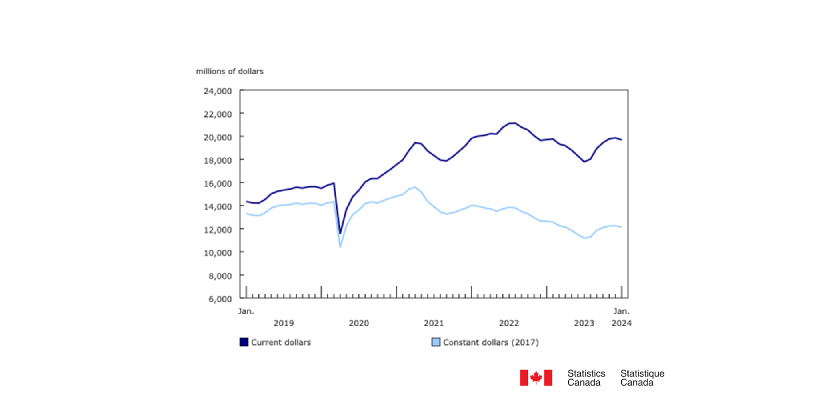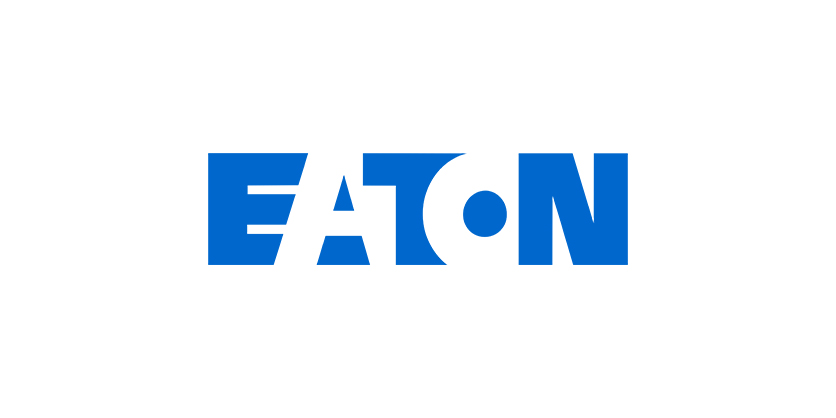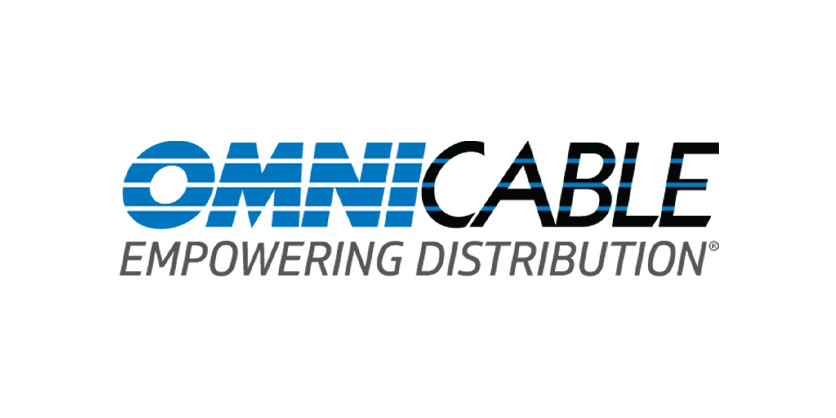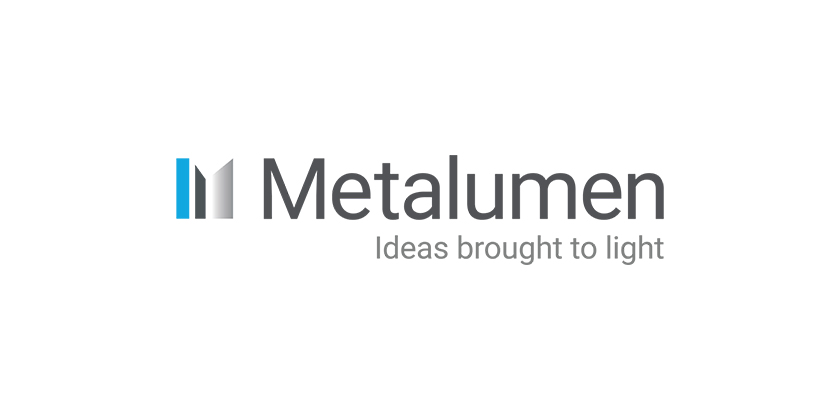TowerWise Program Set to Show Path to Deep Building Energy Efficiency
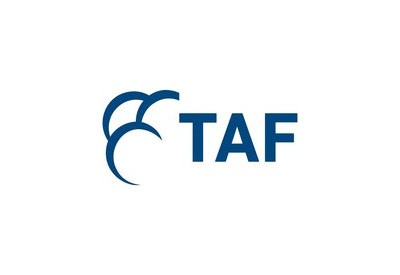
December 14, 2017
The Atmospheric Fund (TAF) has unveiled plans for the next phase of its successful TowerWise retrofit program for multi-residential buildings thanks to funding from Natural Resources Canada and the Independent Electricity System Operator (IESO).
“To reduce urban carbon emissions, we need to make older buildings, especially multi-unit buildings, drastically more energy efficient. The TowerWise project demonstrates how to achieve this,” TAF CEO Julia Langer said. “Earlier TowerWise demonstration buildings showed that 20-30 per cent energy savings are achievable and profitable through targeted upgrades. We now aim for a minimum of 40 per cent energy and emission savings through deep energy retrofits.”
The TowerWise goal is in line with Toronto’s TransformTO climate plan, which calls for existing buildings to achieve an average of 40 per cent energy performance improvement by 2050.
The next phase of TowerWise is a $9 million project – including capital costs. It is supported by Natural Resources Canada ($487,700), the IESO ($500,000) and matching funding from TAF. It will include four demonstration sites with different building types, demographics, and ownership structures in Toronto and Hamilton, representing the broader multi-residential sector – including low-income housing. Additional sites will be added as more funding becomes available.
“Multi-residential buildings form the backbone of Canada’s urban housing stock – and the federal government is proud to support a project that demonstrates how we can make them energy efficient,” Natural Resources Minister Jim Carrsaid.
The planned energy efficiency retrofits include equipment replacements (boilers, HVAC systems), improved insulation, and innovative technologies such as heat pumps that utilize outside air or the ground to help cool or heat buildings. The project will incorporate rigorous verification of building performance, using a combination of real-time energy monitoring and the Government of Canada’s EnerGuide energy performance labelling program.
“The IESO is proud to support TAF to drastically reduce energy use across the Toronto-area building stock,” said Terry Young, IESO’s Vice-President of Policy, Engagement and Innovation. “Energy retrofits not only save operating costs and cut emissions, they improve indoor air quality and comfort for residents, and they help reduce strain on the electricity system. The TowerWise project represents the kind of innovation and market transformation that the IESO seeks to enable.”


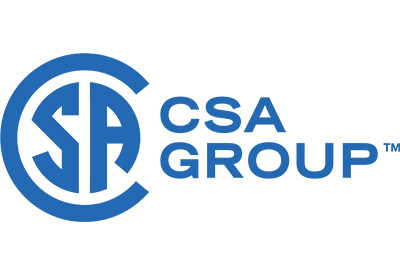
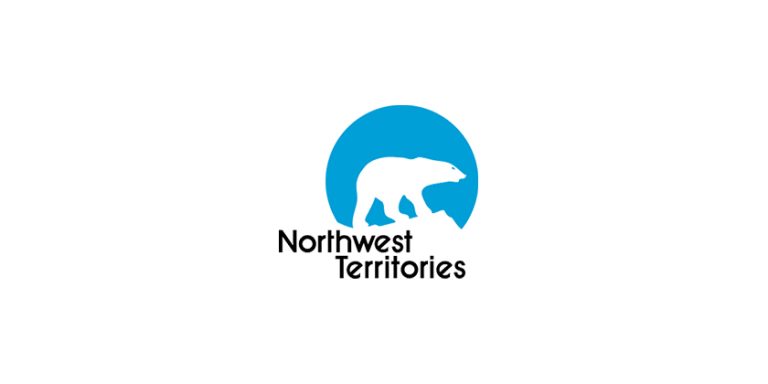

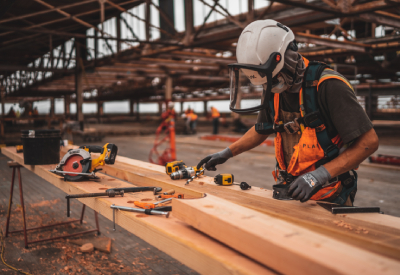

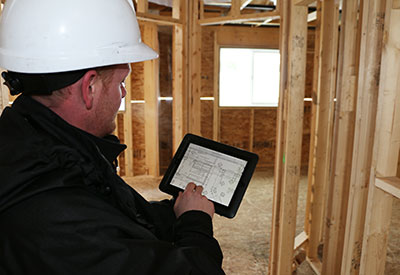

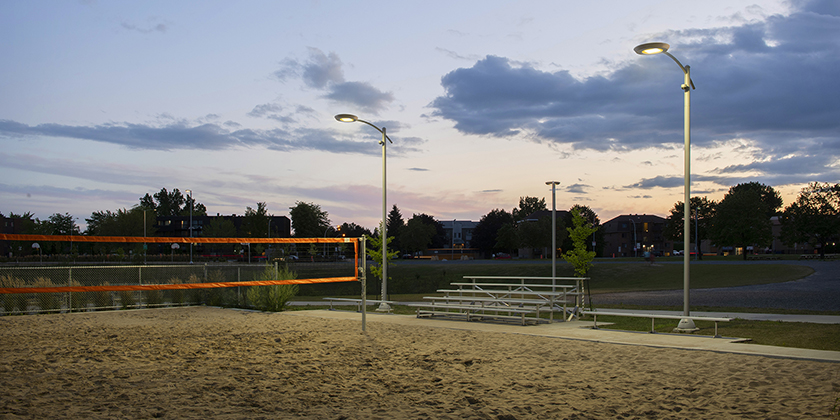
![Guide to the Canadian Electrical Code, Part 1[i], 26th Edition – A Road Map: Section 10 – Grounding and Bonding](https://electricalindustry.ca/wp-content/uploads/2022/11/Guide-CE-Code-2.png)
